The WHO, UNICEF and the Global Alliance for Vaccines and Immunization (GAVI) have launched a new global health protection plan to tackle diseases such as measles, hepatitis and yellow fever.
About 228 million people, mostly children, are at risk of suffering diseases such as malaria, measles, meningitis, yellow fever, polio, cholera and hepatitis, among others. According to a World Health Organization (WHO) survey, habitual interruptions of inoculations have stopped the sixty major global vaccination campaigns in fifty countries. More than half of these countries are located in Africa, further exacerbating the inequality between North and South.
The 2030 Immunization Agenda (AI2030), presented by the WHO, UNICEF and the Global Alliance for Vaccines and Immunization (GAVI), among other international actors, aims to achieve 90% coverage in immunisations, thus preventing fifty million deaths. With the motto ‘A global strategy to leave no one behind’, this new and ambitious vaccination plan covers people from childhood to old age to ensure health and well-being for everybody.
To achieve this, vaccination must be strengthened and contributions have to be made to universal health coverage and sustainable development. "AI2030 imagines a world in which everybody, everywhere and of all ages benefits fully from vaccines", says the organisation.
The main goals are to halve the number of children who do not receive any vaccines, called 'zero-dose children', to cover 90% of the essential vaccines given to children and adolescents, and to complete 500 national and subnational vaccine additions, such as Covid-19, rotavirus or Human Papilloma Virus (HPV).
Although the number of vaccinated children is the highest so far (with over 116 million immunised annually, representing 86% of babies), that more than 20 life-threatening diseases can be prevented by inoculations, and that since 2010 116 countries have introduced vaccines they did not use years ago, the Immunization Agenda is an essential strategy to address global health protection needs.
"Vaccines are essential to prevent and control many communicable diseases, so they support global health security", says a source from AI2030. In addition, they warn that regional outbreaks (such as the Ebola virus disease), the Covid-19 pandemic and the threat of future pandemics (for example, from a strain of the influenza virus) have been and will continue to be a burden, even for the most resilient healthcare systems”.
An interruption in vaccines prior to Covid-19
Covid-19 has highlighted the importance of inoculations in dealing with disease. However, it has also highlighted the great inequalities in vaccination that the world suffers from. Mass disruption of immunisation campaigns for other diseases was already a problem in the past, but it’s one the pandemic has exacerbated, putting the lives of millions of children at risk.
In 2020, UNICEF administered 2,010 doses, compared to 2,290 in 2019. “It’s likely that millions of children around the world will not receive basic vaccines, since the current pandemic threatens to cancel two decades of advances in systematic immunisation”, says GAVI Executive Director Dr. Berkley. He added there’s a need for "development agencies, governments and civil society to work together to ensure that no child is left behind".
Although vaccination rates are now recovering from the current health situation, the problem dates back years. As UNICEF points out, millions of children were not vaccinated even before Covid-19. In 2019, almost 14 million children did not receive any guidelines.
"Before the pandemic, there were worrying signs that we were beginning to lose ground in the fight against preventable childhood diseases, with 20 million children not receiving essential vaccines", commented UNICEF Executive Director Henrietta Fore. "The lost ground means lost lives", she added.
However, 75% of the deaths that are to be avoided with the strategy would be in middle- and low-income countries with fragile healthcare systems. Following this idea, the agencies ask for collaboration from all sectors in order to reach the objectives. On one hand, they call on world leaders and the international health and development community to commit to AI2030 and invest in stronger immunisation systems. Thus, all countries should create national vaccination plans in line with the Agenda.
On the other hand, governments will need to increase investment in vaccine research, innovation, development and supply, especially in those populations that are most in need. The pharmaceutical industry and the scientific community play a key role, accelerating research and ensuring a continuous supply of vaccines.
Measles, on the rise
This acute viral disease is characterised by a reddish skin rash that is highly contagious. Measles is very serious in malnourished children and can even cause death. Those who have already had it acquire lifelong immunity, but if this has not been the case and the person has not been vaccinated they may be very susceptible, depending on the incidence of the country.
In Catalonia, since the year 2000 there has been a very low incidence with very few cases, but the Catalan Public Health Agency works to prevent outbreaks such as the one that took place in 2014. A vaccination campaign is key to deal with measles, but other countries do not have the same resources.
New serious outbreaks of measles have recently been reported in Pakistan, Yemen and the Democratic Republic of the Congo. International agencies are calling for an urgent vaccination strategy so that the incidence does not spread to even more countries, since more outbreaks are being detected in regions with conflicts or already affected by the disruption of services due to Covid-19.
Around 140 million children around the world have been affected by the cessation of over 20 mass routines to vaccinate against the disease. Between 2010 and 2018, 23 million deaths were prevented with measles vaccines alone.
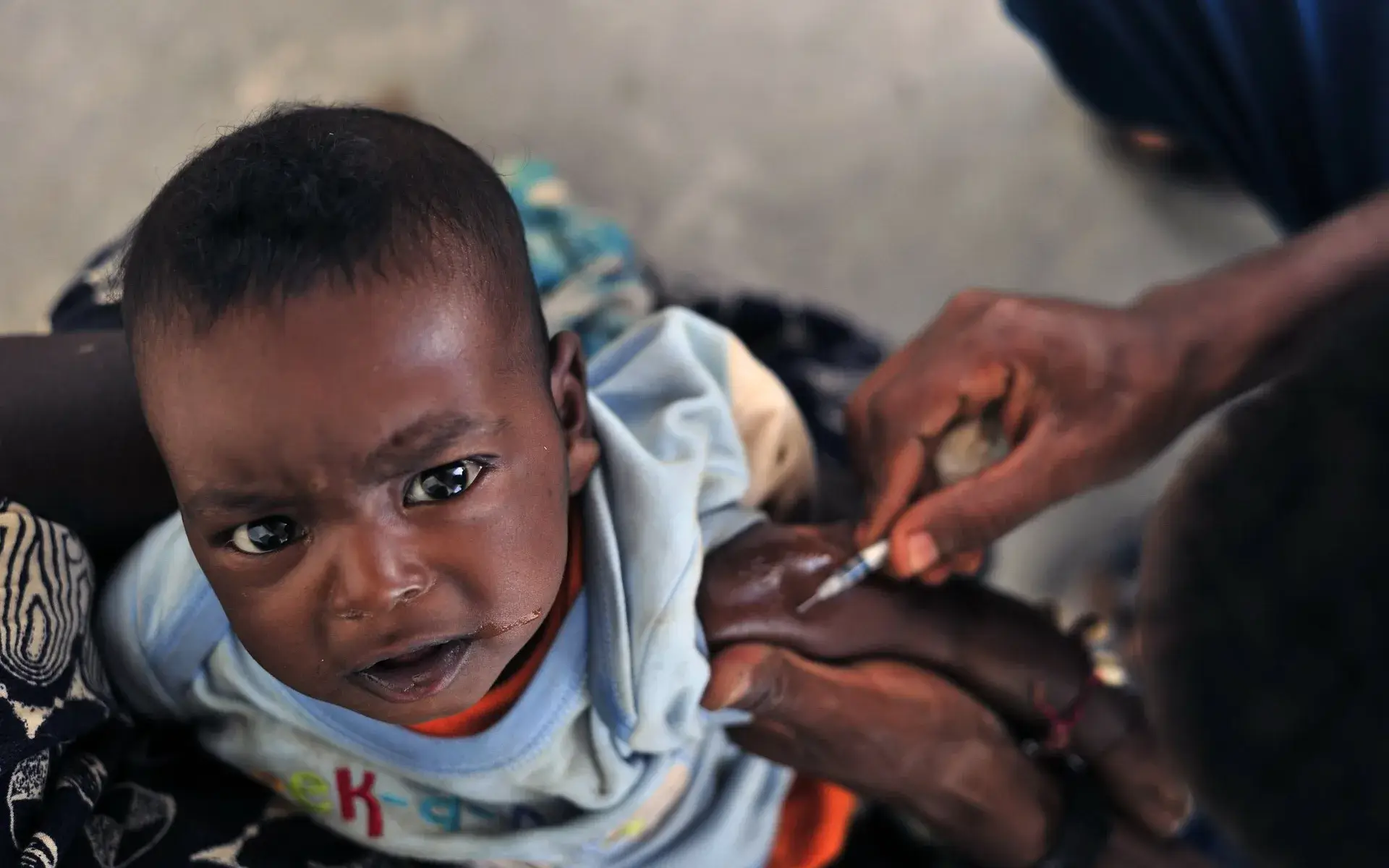
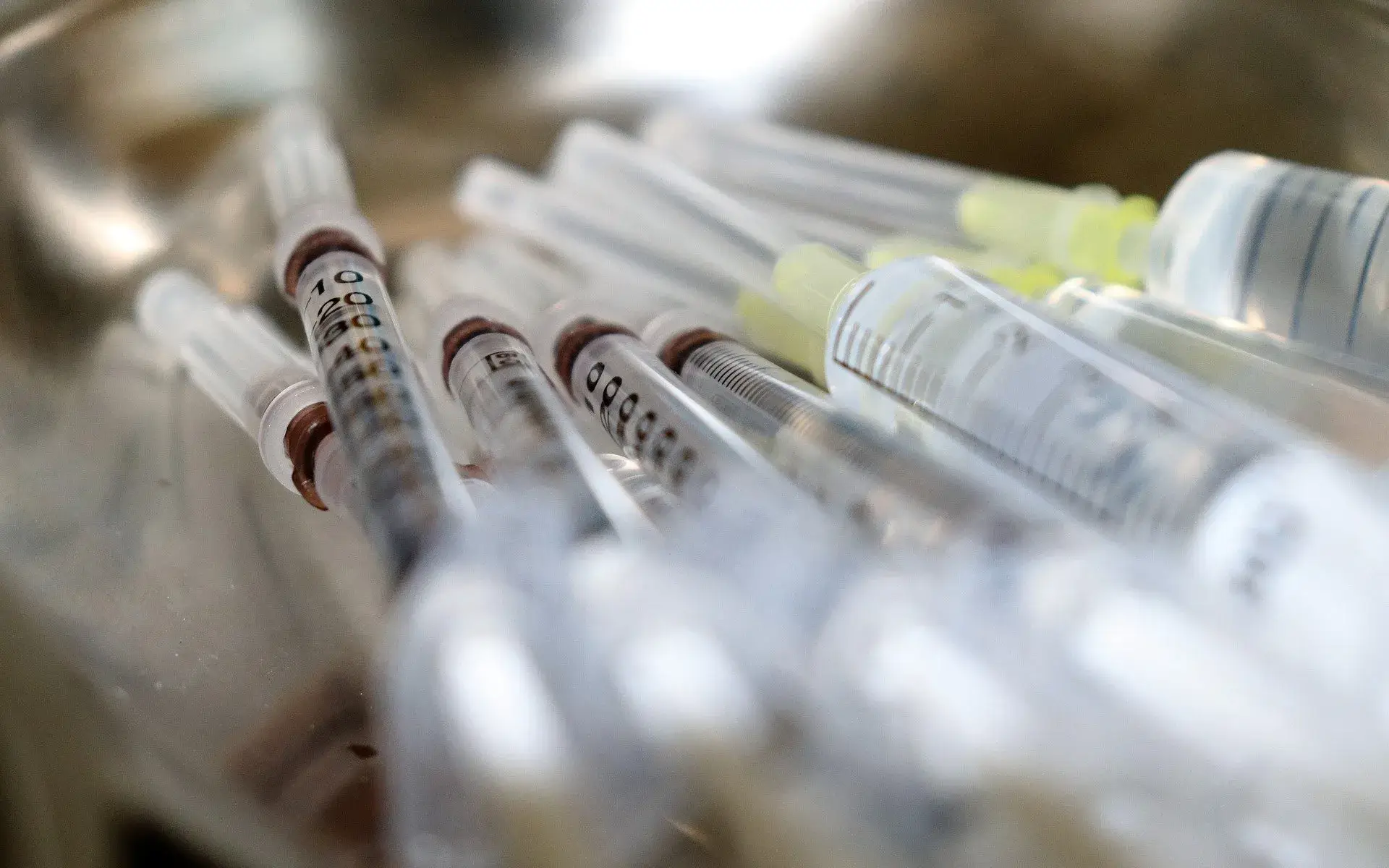
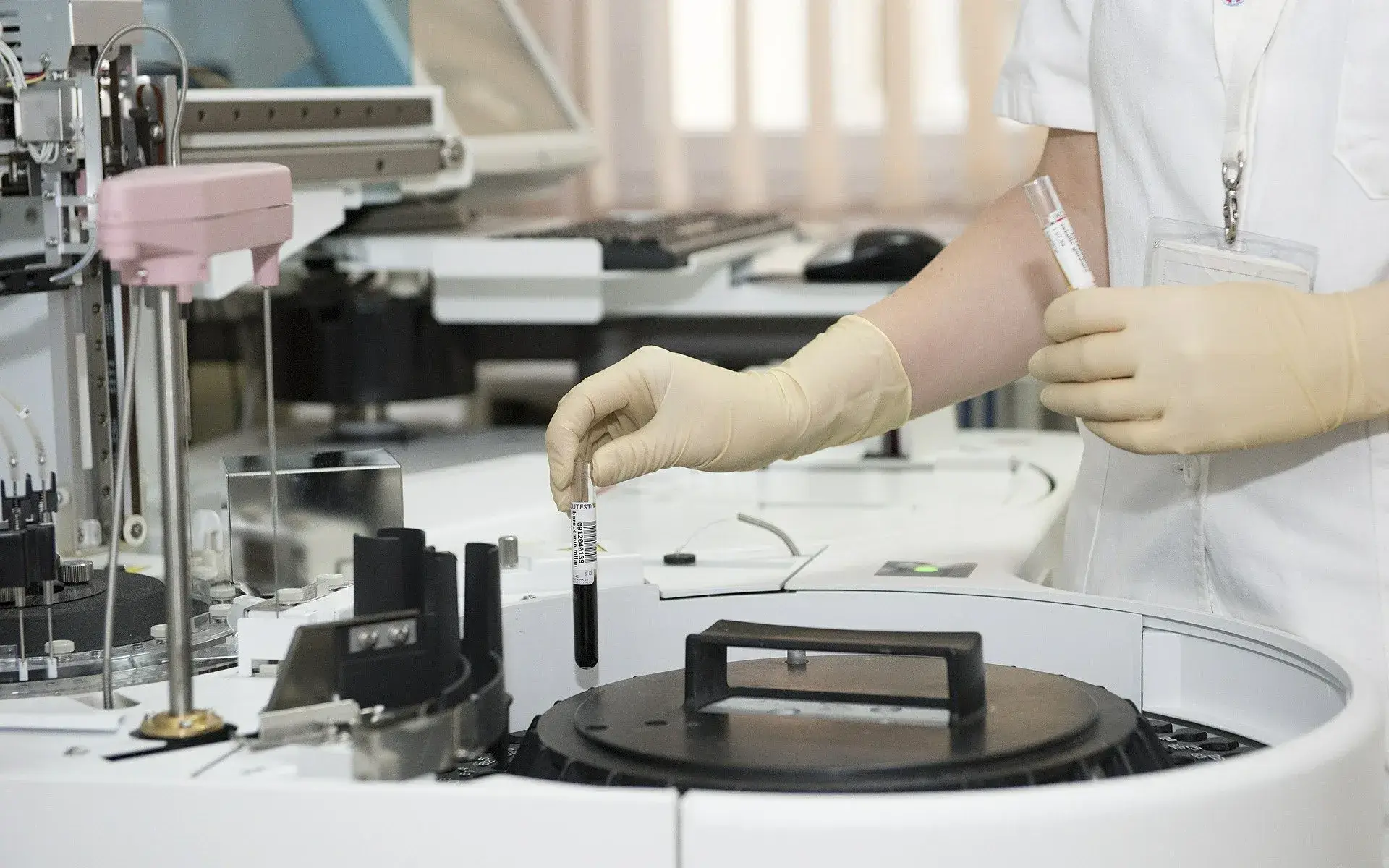




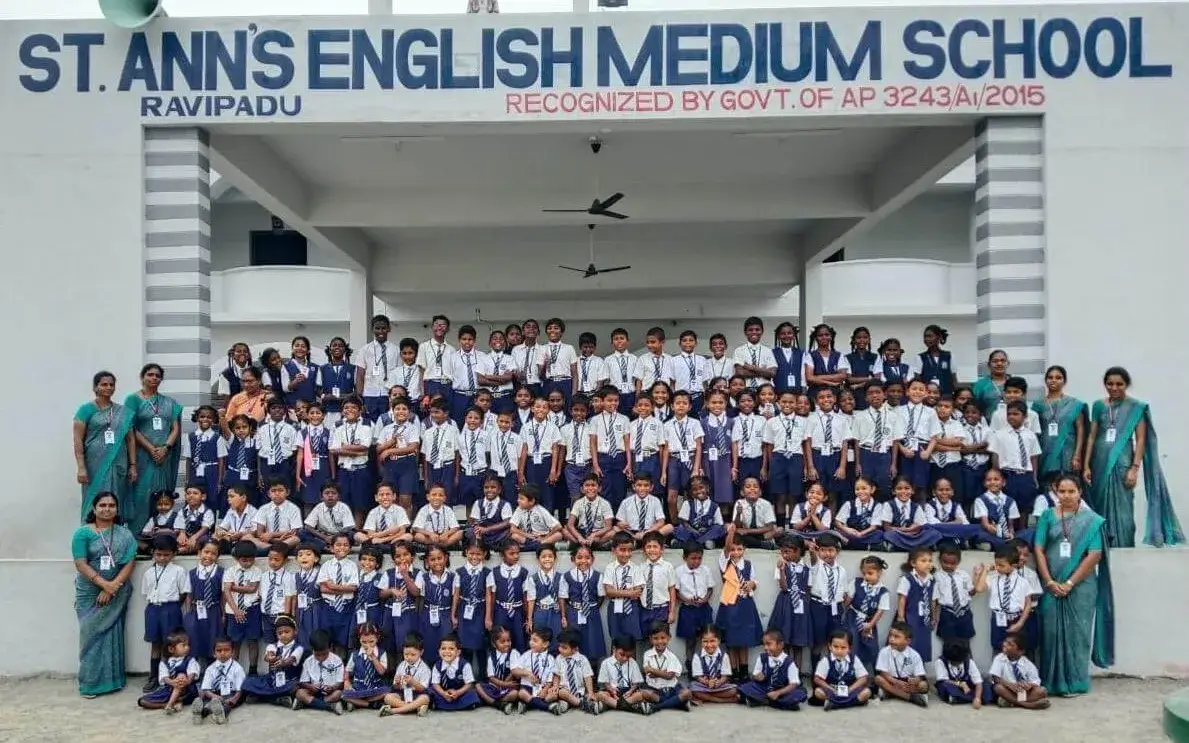
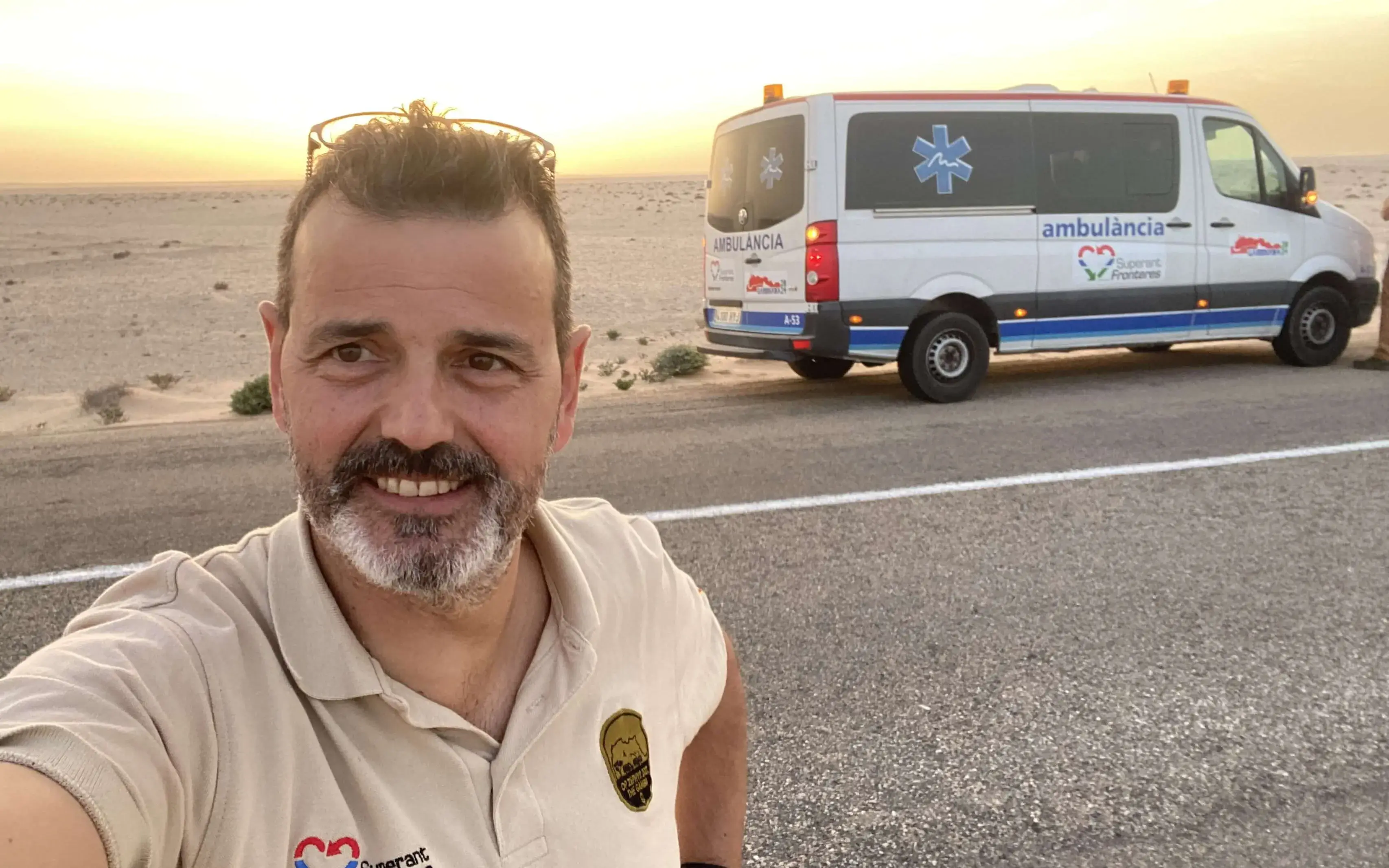
Add new comment